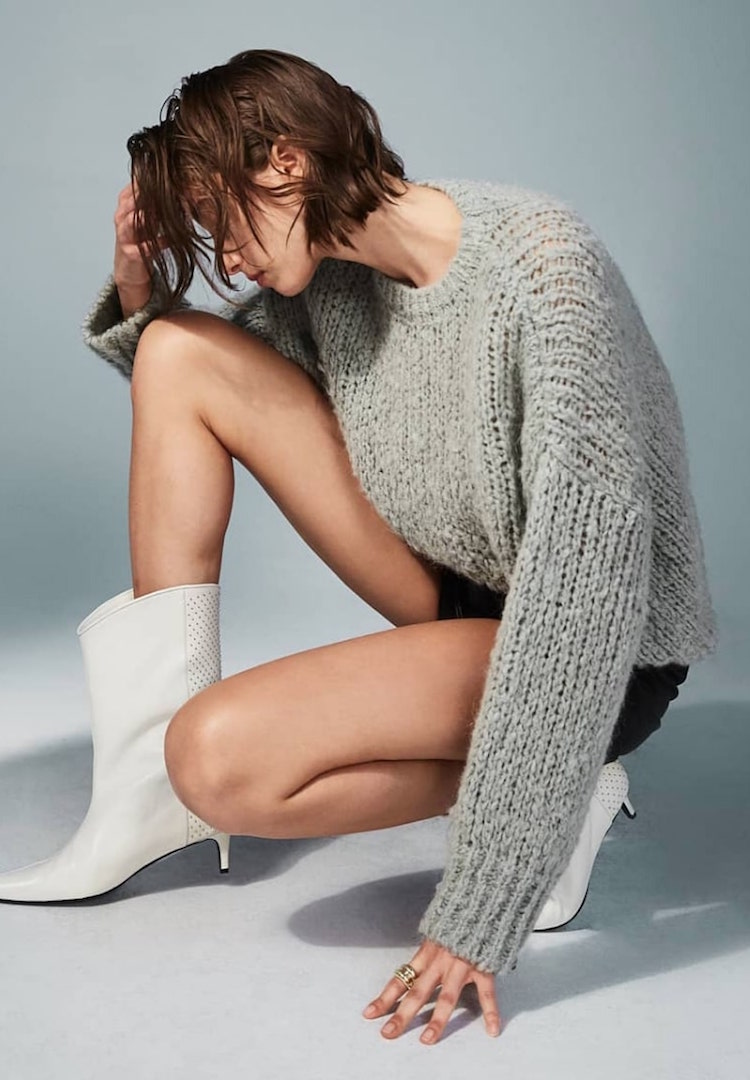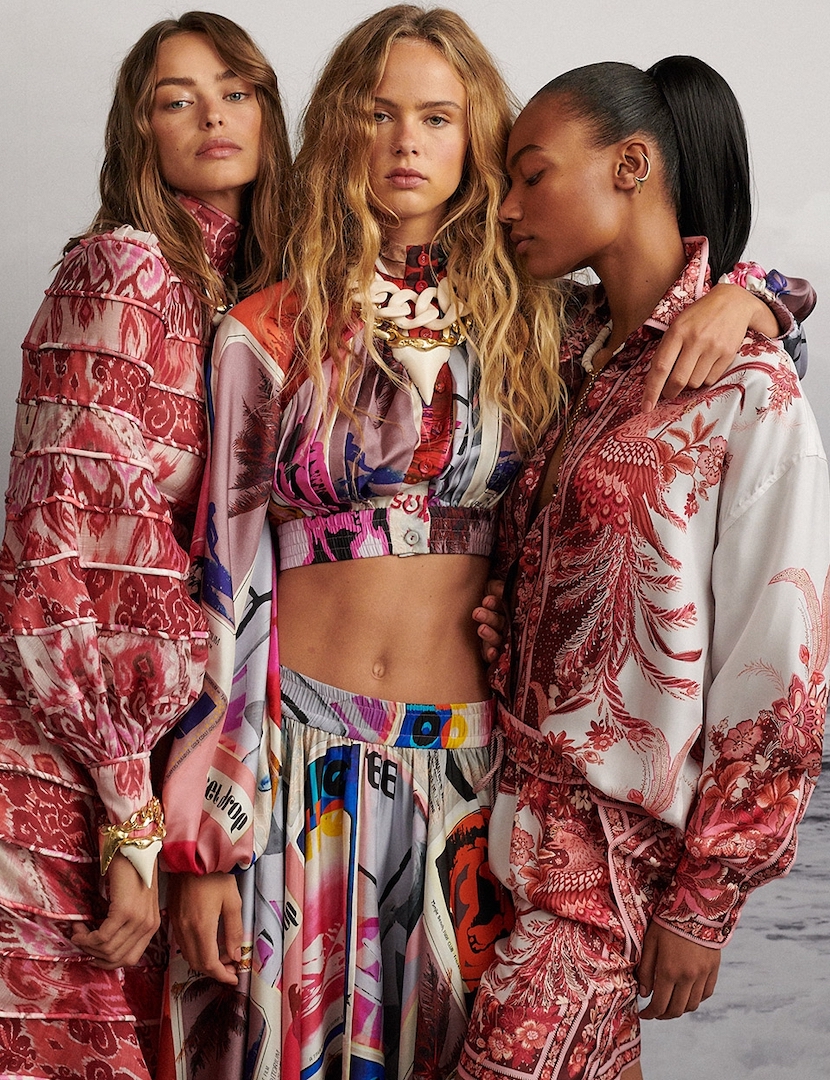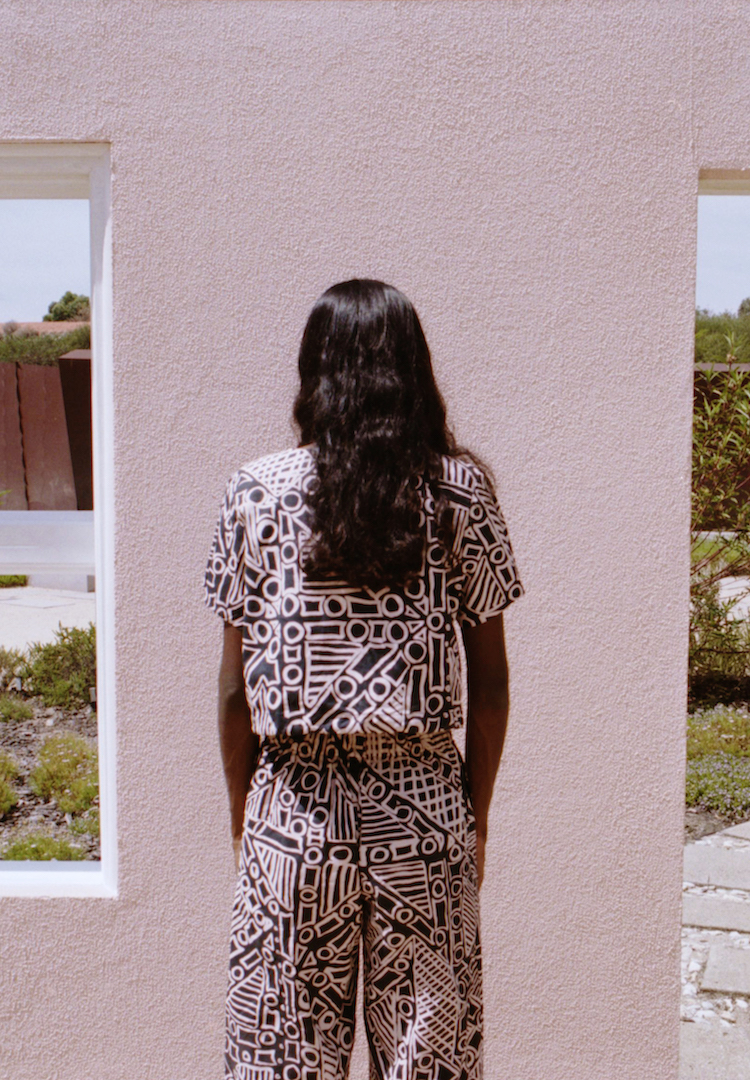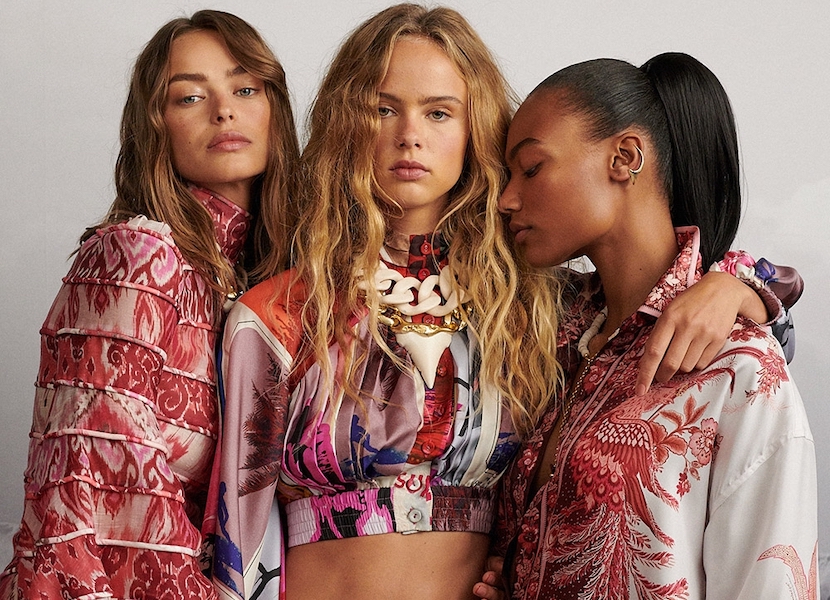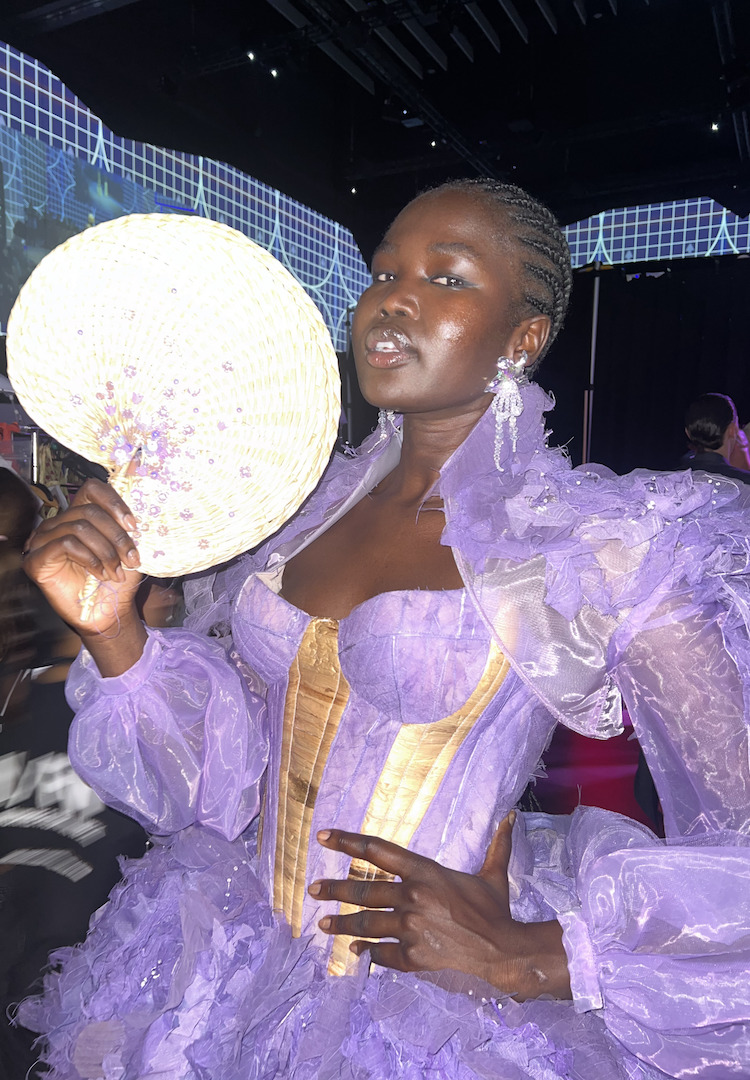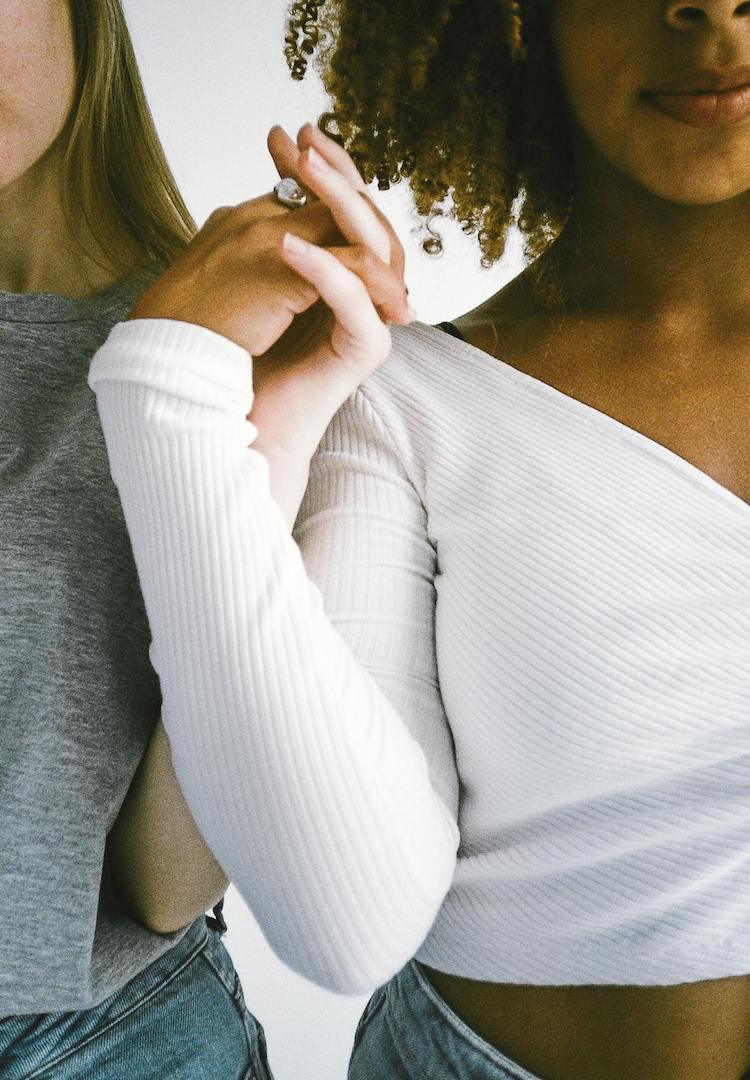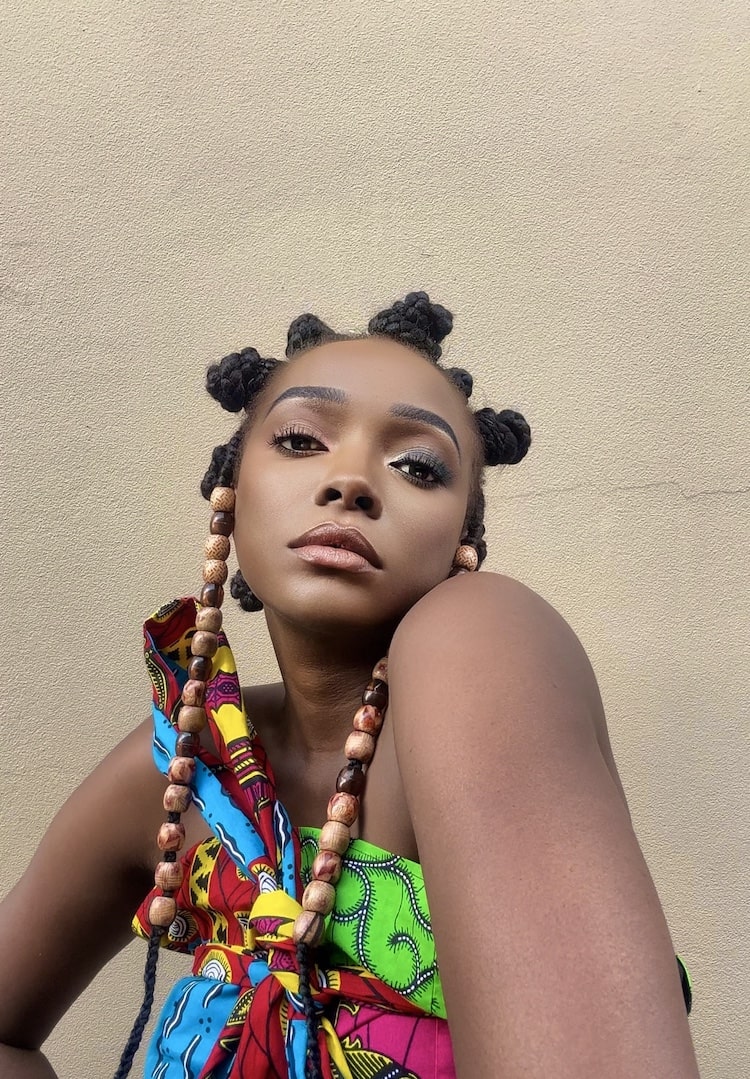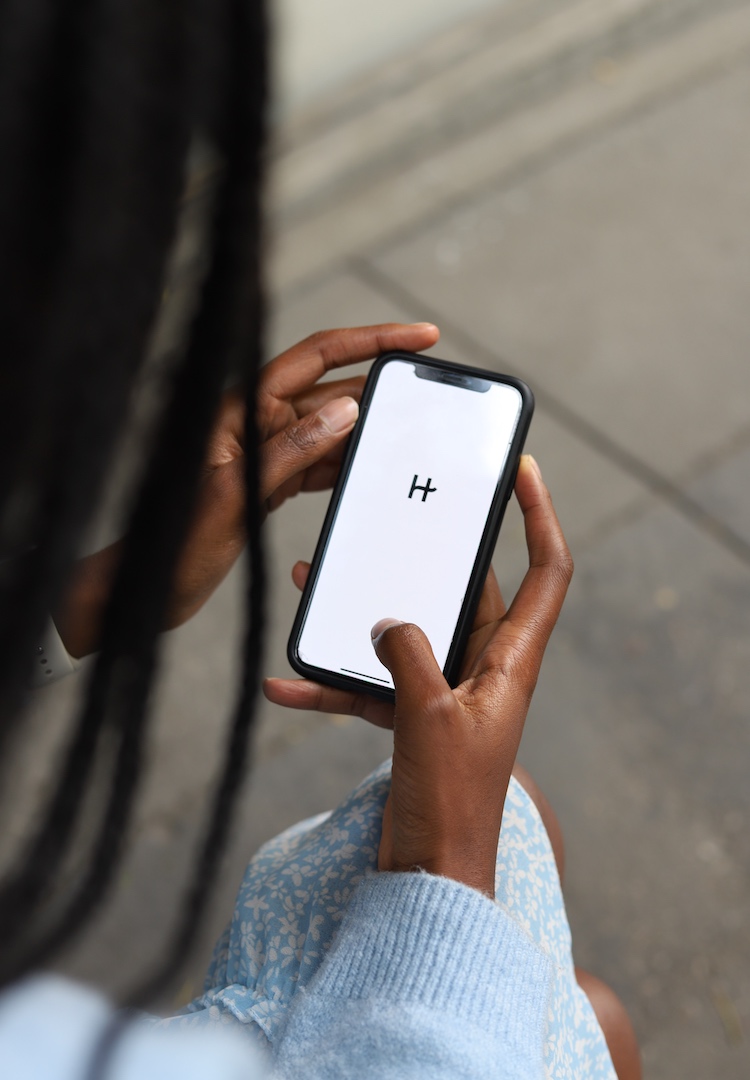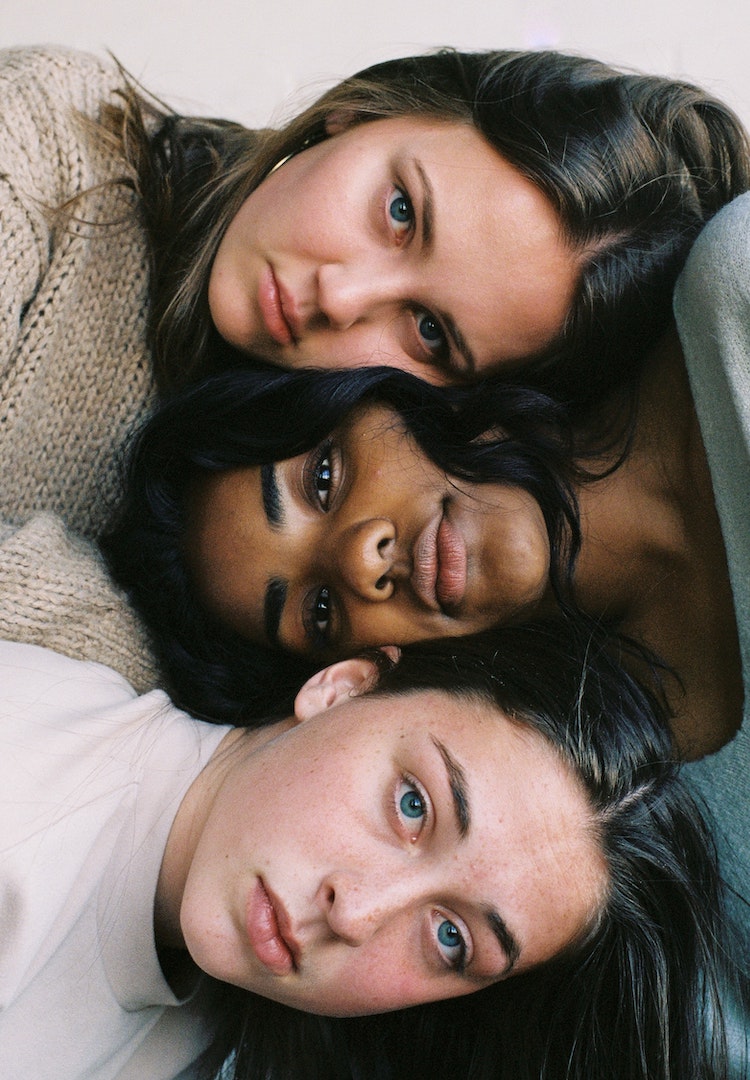Zimmermann is under fire for its racially discriminatory brand guidelines
IMAGE VIA ZIMMERMANN
WORDS BY MAGGIE ZHOU
“There are no high buns, top knots, plaits, braids or ponytails worn high on top of the head.”
Australian label Zimmermann has been called out by Diet Prada, fashion’s gatekeeper and scandal watchdog, for its racially insensitive grooming and presentation standards for retail workers.
Zimmermann’s leaked brand guidelines include an extensive summary outlining specific hair and makeup requirements, complete with an exhaustive list of makeup recommendations from brands such as Nars, Giorgio Armani, Eve Lom and Josie Maran.
In the absence of any Black models, Zimmermann’s brand guide features images of famous, predominantly white models from photoshoots and fashion shows. Amongst the Hadid sisters, Candice Swanepoel and Romee Strijd, two Asian models were included only after employees allegedly raised concerns about the lack of diversity.
Zimmermann’s guidelines dictate that hair can be worn in “soft, textured loose waves, or blowdried straight” and that “there are to be no high buns, top knots, plaits, braids or ponytails worn high on top of the head”. For clarity, Zimmermann insists that ponytails “can be worn low to mid with a part or no part”.
This rather autocratic rule completely disregards the needs of those with curly hair, especially Black women who have a history of racial discrimination towards their natural hair.
Makeup is a non-negotiable, with Zimmermann stressing twice that “makeup must be worn to work” and to “please do not come to work without makeup on”. The lack of consideration for Black employees is evident, with Benefit’s Hoola bronzing powder being the only product recommended “for darker/olive skin”.
Ex-employees say that this version of Zimmermann’s leaked brand guidelines was circulating until September of last year. In February 2019, the NYC Commission on Human Rights outlined that targeting people based on their hair or hairstyle is considered racial discrimination.
Like many other brands, Zimmermann was quick to post their solidarity BLM posts on Instagram. Customers and ex-employees quickly took to the comments to voice their racially charged personal experiences dealing with Zimmermann.
Zimmermann followed up with a post detailing its new commitments, including “reinforcing zero tolerance for racism or discrimination in our workplaces [and ensuring] diversity in recruitment across our business and creat[ing] a Diversity and Inclusion leadership group at our company to lead and drive our actions.”
It is understood that this is no isolated incident; these insidious microaggressions are all too common among fashion brands with similarly rigid grooming standards.
As the Black Lives Matter movement evolves into one that critically accesses the racism that permeates employment and worker rights in fashion, media and beauty, consumers are demanding more transparency into the inner workings of their favourite brands and organisations.
An ever-increasing catalogue of blacklisted brands are coming to light as BIPOC employees and interns come forward on social media to speak about their past experiences. Reformation, L’Oréal, Ferragamo and Celine have also been exposed by Diet Prada in the last week.

